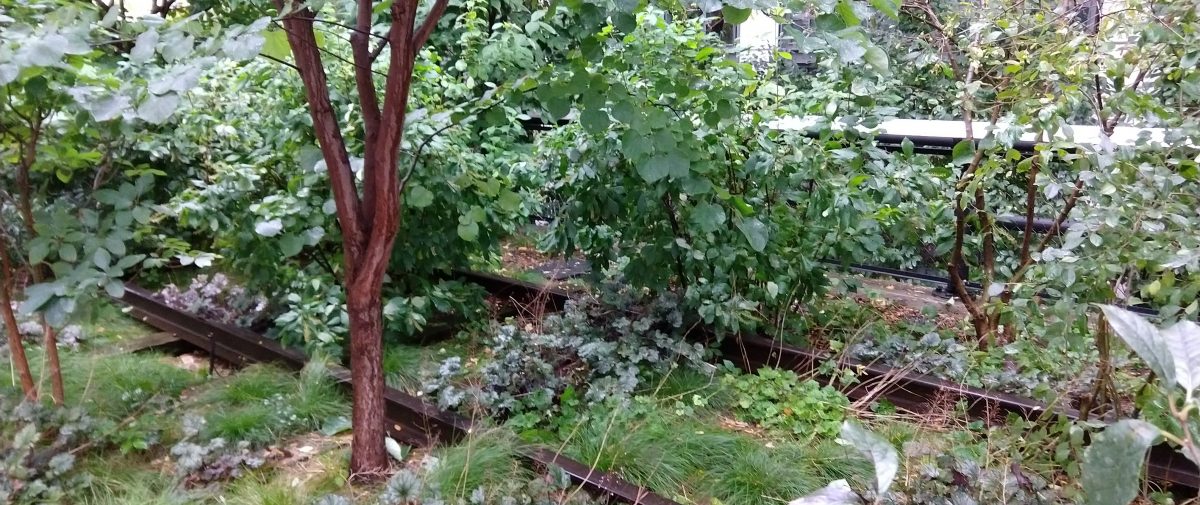(This post originally appeared on the Protest Spaces Research Network Blog)
In February 2014, Jared Donnelly and I sat in the audience at a conference in Lisbon, Portugal – “Resisting War in the Twentieth Century” – and wondered what would happen if historians started to consider space more systematically in protest movement research. What would a map of all the protest events we studied across dozens of archives look like? What could we learn from it? The Protest Spaces mapping pilot project was born.
Four years later, it is clear that the question of space in protest movement research is much broader than mapping. The Protest Spaces Mapping Project will remain a cornerstone of this interdisciplinary network; the first of what I hope will be many projects to come. I envision the network as a place for participants to discuss potential projects, collaborate, and share skills, regardless of their primary projects. In the case of peace movement research, Norwegian sociologist Johan Galtung argues “the peace researcher has no fatherland.”[1] Not only are many activist networks transnational, researching activists and activism is inherently a transnational endeavor. The digital turn enables us to make the analysis and dissemination of protest movement research a transnational effort as well.
This is a call to researchers, archivists, developers, activists, and students of any discipline interested in the intersection of spatial humanities, digital humanities, and protest movement research.

The Protest Spaces Research Network will connect individuals across disciplinary, national, and professional boundaries to create a research community dedicated to exploring the spaces of protest. One of the main goals of this network is to conceptualize the meanings of “space” for protest research, ranging from physical locations of protest events to virtual spaces and archival spaces.
The first task of the Protest Spaces Research Network will be to organize a conference to assess the current state of transnational protest movement research and foster connections between participants with existing or planned projects. I will post all updates on the conference on the network site and on Twitter @protestspaces.
Please complete this form if you would like to join or receive updates from the Protest Spaces Research Network. Contact me at shelley.rose@csuohio.edu with any questions or inquiries.
References:
- Quoted in Heikki Patomaki, “The Challenge of Critical Theories: PeaceResearch at the Start of the New Century,” Journal of Peace Research 38, No. 6(2001): 730.
